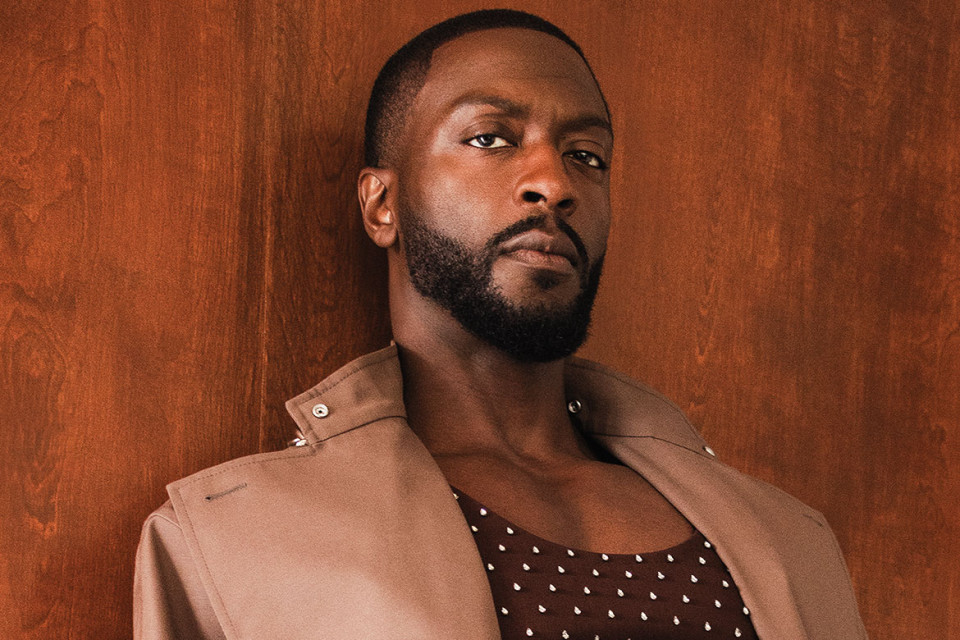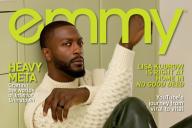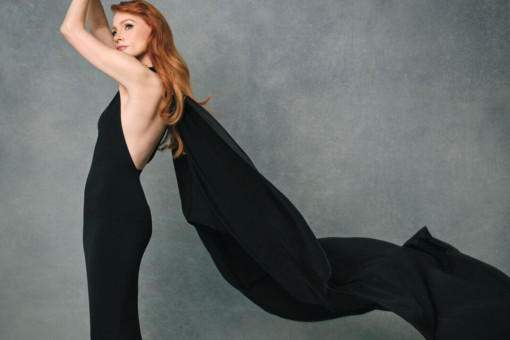Aldis Hodge had only read 10 or so pages of Prime Video's Cross when he put it down and called his team. He was awed by the richness and elegance with which Alex Cross, the crime-solving forensic psychologist from James Patterson's bestselling novels, was depicted. Hodge liked that Alex, a family man who lives in the Southeast Washington, D.C., community he serves, didn't feel one- dimensional or tokenized. "It felt honest," he says. But he had questions: "Can we maintain this awesomeness? Can we retain the sense of authenticity? But first and foremost, is the show creator Black?" It's a valid query, given the character's history and where we are today.
Watch the exclusive interview with Aldis Hodge during the emmy cover shoot.When Patterson first introduced Cross in his 1993 novel Along Came a Spider, audiences didn't much object to a white guy telling a story from a Black man's point of view, and if they did, said objections were drowned out by the cha-ching! of cash registers as Spider flew off shelves. Yet some 30 years later — with 31 more Alex Cross titles published, more than 300 million books sold and three films released (Kiss the Girls in 1997, Along Came a Spider in 2001 and Alex Cross in 2012) — the wider context in which a fictional Black officer created by a white man exists is much different. So, while Hodge liked the script and even had a great deal of respect for Patterson after speaking with him ("I talked to James about what inspired him, and it came from a very heartfelt and respectful place," he says), the matter of who created Cross and who'd be in charge remained an important factor in determining whether or not he'd say yes. "I know some people might be a bit fatigued with the conversation of, 'Why does [the show creator] have to be Black?'" says Hodge, a versatile performer who started acting as a kid and has starred in a range of genres including crime drama (City on a Hill), thriller (Underground), historical drama (Hidden Figures) and even superhero (Black Adam). "But when you talk about writing authentic stories from a real place, you tap into knowledge, experience and information that cannot be fabricated. That's why it's important — [having someone] understand what 'normal' looks like, without having to explain who and what we are. I've been on too many shows where I've had to explain. And it's hard."
To read the rest of the story, pick up a copy of emmy magazine here.
This article originally appeared in its entirety in emmy magazine, issue #13, 2024, under the title "Cross Examined"






















